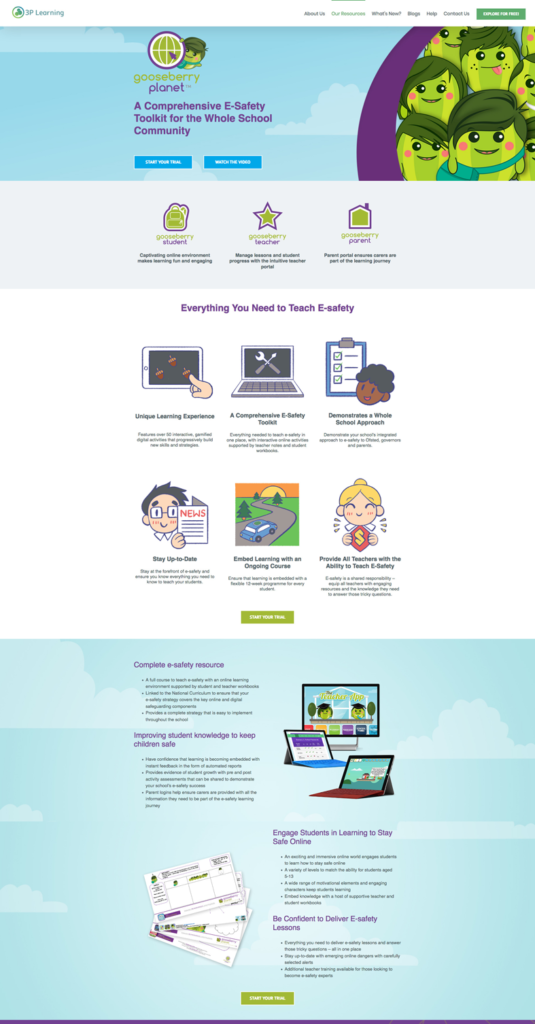
It is difficult to know exactly why there is what seems to be a sudden increase in mental health problems in young people. Provision for mental health wellbeing is being made at all levels of policy, in governments, schools, trusts, etc., but still the problem persists. It is possible that in some cases, the increase may be related to increased awareness, which accompanies overall improvements in knowledge about wellbeing and an increased belief that everyone has the right to feel good about life and have all their needs met. This situation is much different from past generations where hardship and trauma were more widespread and therefore people had different expectations and ways of coping.
School plays a large part, not only in a child’s academic attainment and cognitive progress, but also emotional control, behavioural development and physical and moral development, all of which both affect, and are affected by, mental health. And, as such, schools offer the most accessible and familiar setting for good mental health practice and early intervention in mental health problems for young people.
We have looked at some of the apps that are available to help schools work with students toward improving their mental wellbeing and to support them as they work through anxiety, depression and stress and as they navigate the world of cyberbullying and online exploitation.
Gooseberry Planet

www.3plearning.com/uk/gooseberryplanet/
The experts at 3P Learning have put together a comprehensive online learning package to teach e-safety for students aged 5-13. Connected to the National Curriculum, this app provides a gamification method for students to work through the learning material, which consists of more than 50 age-appropriate interactive games and more than 100 workbooks and 60 lesson plans that all include motivational elements and engaging characters.
The programme is comprehensive, based on a 12-week programme that can be implemented easily for a whole-school approach. There is a parental component as well so parents can receive email notifications and be part of their child’s learning journey, keeping them up-to-date on the latest safeguarding issues.